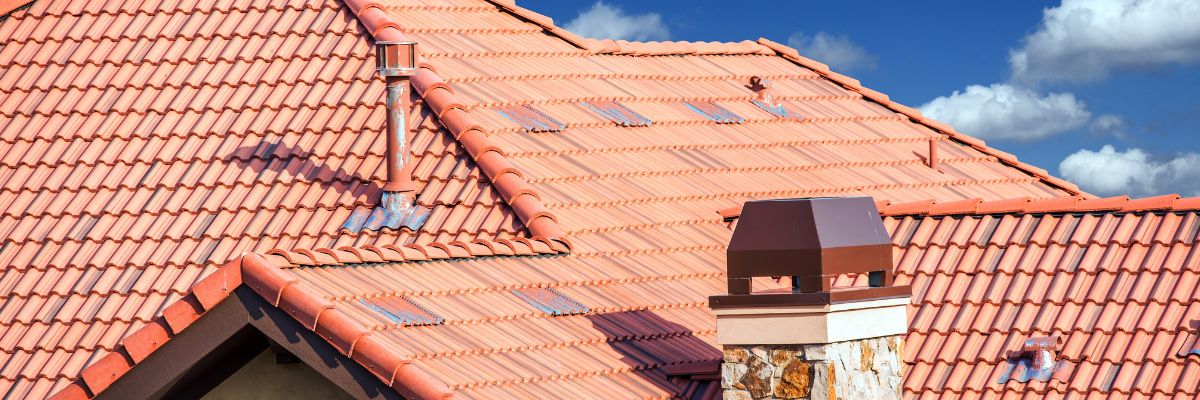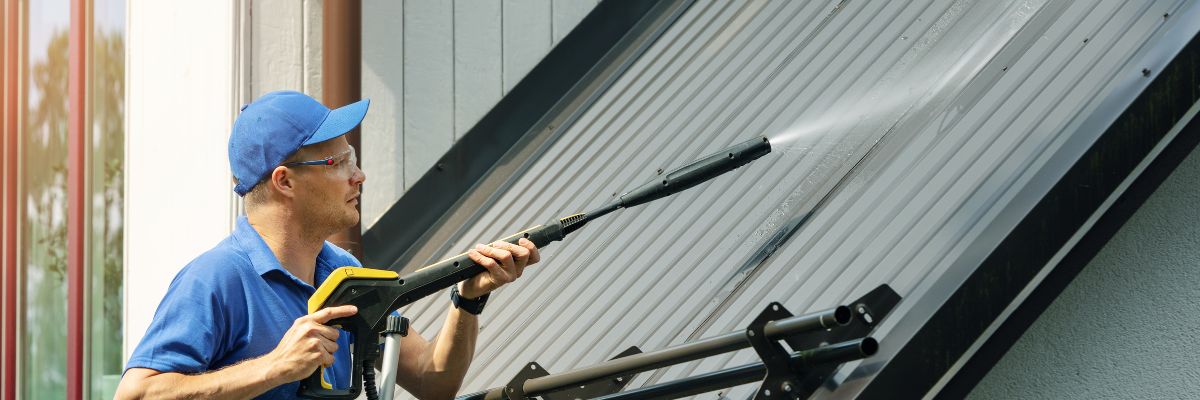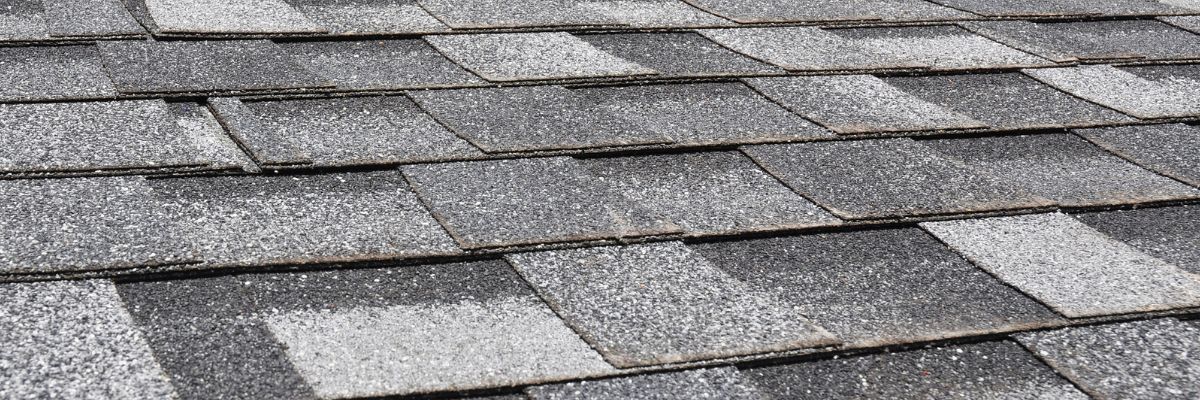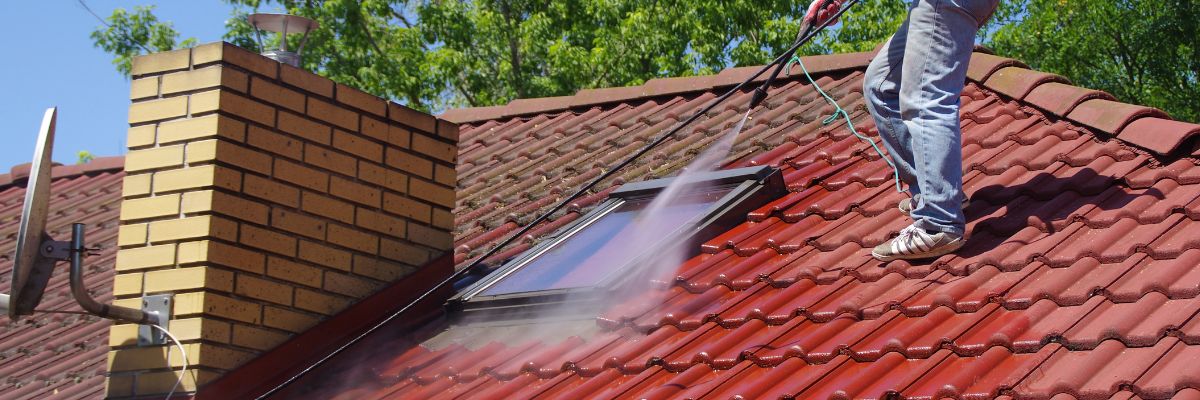No, you should not use glass stovetop cleaner on windows. These cleaners are specifically formulated to tackle stubborn stains and burnt residues on stovetops, often containing gritty or harsh ingredients designed to scrub without scratching the durable glass surface of a stove.
When used on windows, these abrasive components can create micro-scratches on the more delicate glass, leading to damage and a cloudy appearance over time. Additionally, the residue left behind by stovetop cleaners can cause streaks or film on windows, making them appear less clean.
Keep reading to see what you should use when cleaning your windows.

Why Using Stovetop Glass Cleaner To Clean Windows Is A Bad Idea
Using stovetop glass cleaner on windows is a bad idea because these cleaners are formulated for a completely different type of glass surface. Here’s why:
Abrasive Ingredients: Stovetop glass cleaners often contain gritty or abrasive particles to scrub away tough, burnt-on residue from stovetops. When used on windows, these abrasives can scratch the more delicate glass, leading to permanent damage or a foggy appearance.
Residue and Streaks: The chemical composition of stovetop cleaners is designed to bond with greasy and baked-on stains. On windows, these chemicals can leave a residue or streaks that are hard to remove, leaving your windows looking dull instead of clear.
Potential Harm to Coatings: Many windows, especially energy-efficient or coated ones, have protective layers that can be compromised by the harsh chemicals in stovetop cleaners.
Not Designed for Transparency: Stovetop cleaners are intended for surfaces that don’t require optical clarity. Windows, on the other hand, need to be clear and streak-free, which is best achieved with products specifically designed for glass.
To keep your windows clean and undamaged, stick to window-specific cleaners or simple solutions like vinegar and water. These options effectively remove dirt and grime without risking scratches or residue.

What You Should Use to Clean Your Windows
To clean your windows effectively, you have several options, each with its own advantages and considerations.
Invisible Glass Glass Cleaner
This is a highly recommended option for its effectiveness in cutting through grime and leaving no streaks. It comes in a 32 oz. trigger spray bottle and has a fine mist that clings to the surface, preventing drips. It is particularly good for stuck-on stains and works well with microfiber cloths.
HOPE’S Perfect Glass Cleaner
This cleaner is known for its quick and streak-free results, thanks to the alcohol content that evaporates quickly. It is safe for tinted windows and other glass surfaces like monitors and phones. However, it is more expensive per ounce compared to other options.
Sprayway Foaming Glass Cleaner
Consumer Reports recommends this cleaner for its ability to cut through various messes with just a single wipe. It is ammonia-free, which reduces the risk of streaks and film on certain types of windows. It also serves as a multi-purpose cleaner for chrome, tile, and porcelain.
Homemade Window Cleaning Solutions
If you’re looking for a quick and easy way to make a homemade window cleaning solution, you have some pretty good options.
Liquid Dish Soap and Distilled Water
Many professional window cleaners use a simple mix of liquid dish soap (such as Dawn or Palmolive) and distilled water. This solution is effective in breaking down grime and ensures a streak-free shine when used with a squeegee and microfiber cloth. Distilled water helps avoid water spots.
White Vinegar, Water, and Dish Detergent
Another homemade solution involves mixing 2 cups of water, 1/4 cup of white vinegar, and 1/2 teaspoon of dish detergent. This solution can be used in a bucket with a soft bristle scrub brush or in a spray bottle. However, it may leave streaks if not rinsed thoroughly and quickly.
Tools and Techniques
- Squeegee: Essential for removing excess water from the window to prevent streaks.
- Microfiber Cloth: Use to buff and dry the window for a streak-free shine.
- Extension Pole: Helpful for reaching high or hard-to-reach windows.
- Soft Bristle Scrub Brush: Useful for scrubbing away grime, especially on exterior windows.
Conclusion
In conclusion, while stovetop glass cleaners are excellent for their intended purpose, they are not suitable for cleaning windows. Their abrasive ingredients and specialized formulations can damage delicate window glass, leave streaks, or harm protective coatings. To maintain the clarity and integrity of your windows, always choose cleaners specifically designed for glass surfaces. Proper care ensures your windows remain spotless, streak-free, and protected for years to come.







